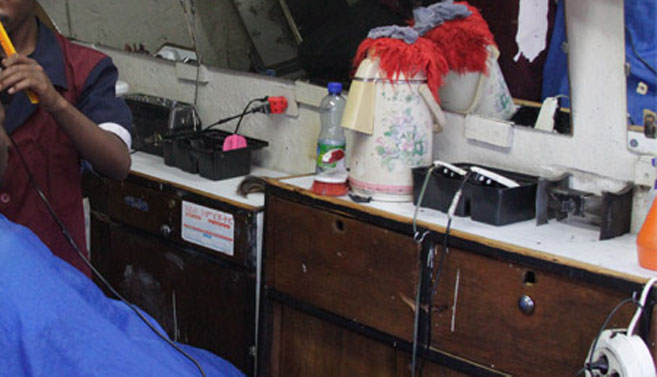
Radar | Aug 12,2023
Aug 8 , 2020
By BEMENET WONDEWOSSEN
As of the coming Ethiopian New Year, all members of the civil service at the regional and federal levels are required to register their assets, including financial and non-financial properties.
Under the new registration, the Federal Ethics & Anti Corruption Commission is set to register the assets of one million public servants working across the country. The registration, which is expected to be finalised by the end of this fiscal year, will be held at all primary government institutions and carried out by trained liaison officers. As a start, the Commission selected 12 government offices.
Since 2011, the Commission has registered the assets of 22,000 parliament members, political appointees and high-ranking government officials. It also compiled over 200,000 documents. The deadline for the registration of higher public officials passed on August 6, 2020.
The Commission has started registering the assets of the government officials following the issuance of the Disclosure & Registration of Assets Proclamation in 2010.
The initiative to register the assets of public officials was started following the United Nations Convention against Corruption and the African Union Convention on Preventing & Combating Corruption. The initiative aims at ensuring transparency, fighting corruption and avoiding conflicts of interest. The Commission is mandated with registering, verifying and disclosing the assets of the public officials.
The proclamation obliged the public officials to disclose and register assets under their ownership, possessions of themselves and their families, and sources of their and their families' incomes within 45 days of their appointment. Common property acquired through inheritance, household goods, personal effects and pension benefits are exempted from registration.
The vulnerability of public servants to corruption pushed the Commission to register their assets, according to Mesfin Belayenh, an asset registration expert at the Commission.
Last year, Ethiopia improved its ranking on the Corruption Perceptions Index (CPI). The country scored 37 out of 100 based on the level of public sector corruption and was ranked 96th out of 180 countries, improving from the 114th position it earned the previous year.
"If people failed to cooperate with the registration programme," said Mesfin, "the Commission will take a case to the Federal Police Commission and to the Office of the Attorney General."
Since 2015, the Ministry of Revenues has already started registering the assets of its employees through its own initiative.
For the registration of the assets, the Commission gave a day-and-a-half training session for liaison officers to the ethics and anti-corruption departments of every public office at the federal and regional level.
Mulugeta Aregawi, a constitutional law expert and an assistant professor and lecturer at Addis Abeba University, appreciates the asset registration effort as a way of ensuring transparency.
"However, the government has the mandate to publish all the information it registered to make it accessible for the public," said Mulugeta. "It should be accessible through the website of the Commission."
Currently, anyone who wants to get data about the registered assets of public offices needs to submit inquiries and go through various bureaucratic processes, according to Mulugeta.
PUBLISHED ON
Aug 08,2020 [ VOL
21 , NO
1058]

Radar | Aug 12,2023

Commentaries | Sep 04,2021

Radar | Mar 18,2023

Radar | Apr 12,2020

Advertorials | Jun 05,2023

Life Matters | Nov 16,2024

Commentaries | Mar 23,2019

Fortune News | Feb 08,2020

Radar | Jul 29,2023

View From Arada | May 18,2019

Dec 22 , 2024 . By TIZITA SHEWAFERAW
Charged with transforming colossal state-owned enterprises into modern and competitiv...

Aug 18 , 2024 . By AKSAH ITALO
Although predictable Yonas Zerihun's job in the ride-hailing service is not immune to...

Jul 28 , 2024 . By TIZITA SHEWAFERAW
Unhabitual, perhaps too many, Samuel Gebreyohannes, 38, used to occasionally enjoy a couple of beers at breakfast. However, he recently swit...

Jul 13 , 2024 . By AKSAH ITALO
Investors who rely on tractors, trucks, and field vehicles for commuting, transporting commodities, and f...

Jul 5 , 2025
Six years ago, Ethiopia was the darling of international liberal commentators. A year...

Jun 28 , 2025
Meseret Damtie, the assertive auditor general, has never been shy about naming names...

Jun 21 , 2025
A well-worn adage says, “Budget is not destiny, but it is direction.” Examining t...

Jun 14 , 2025
Yet again, the Horn of Africa is bracing for trouble. A region already frayed by wars...